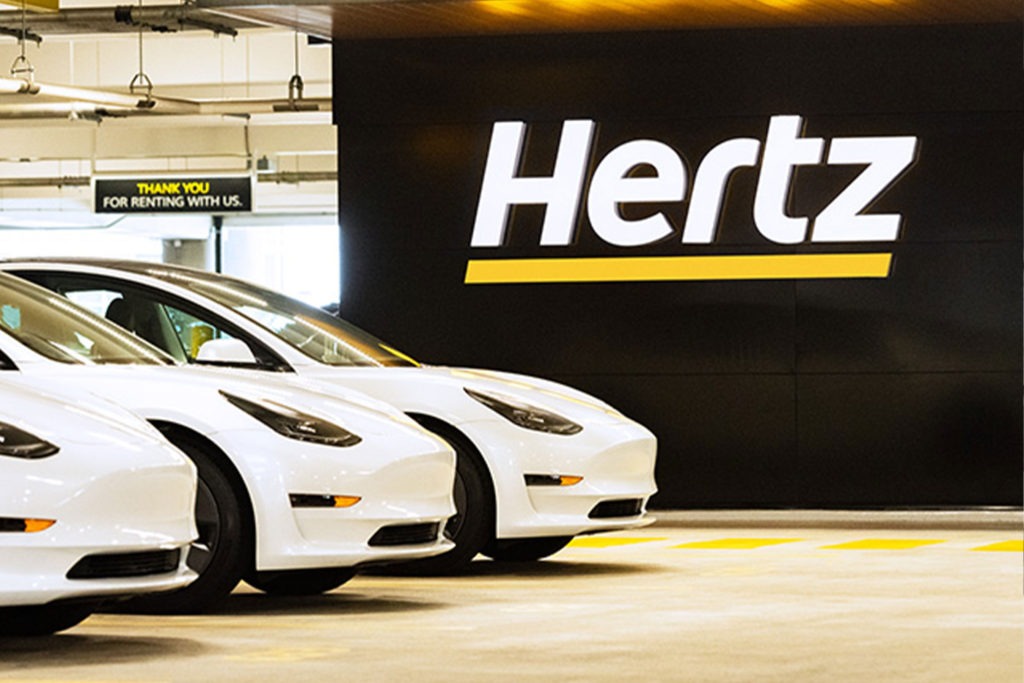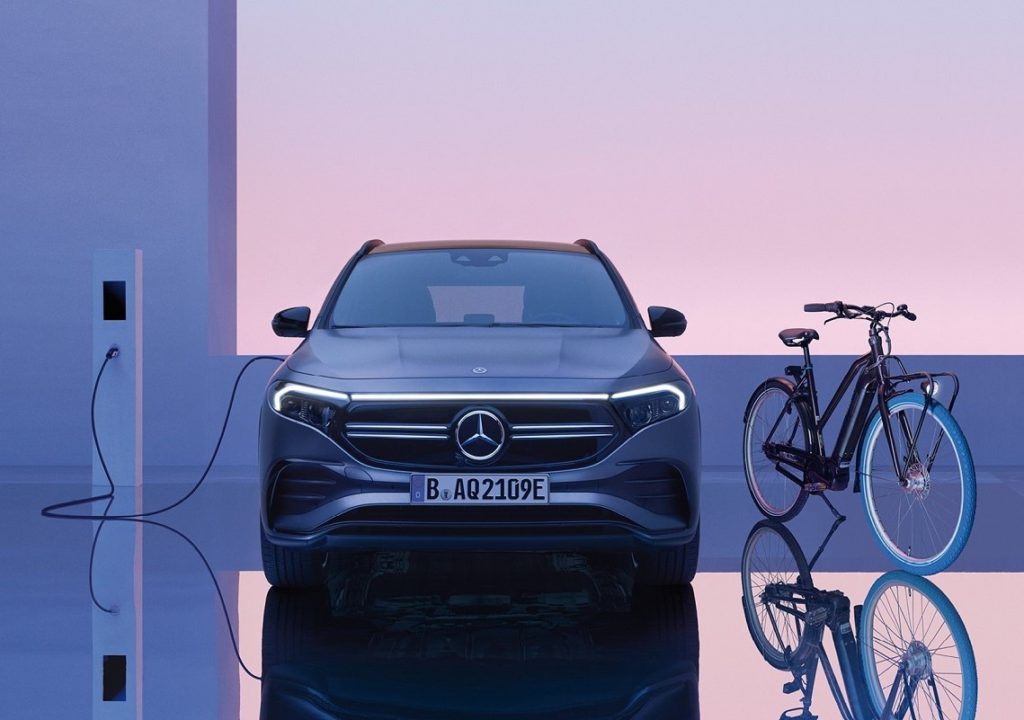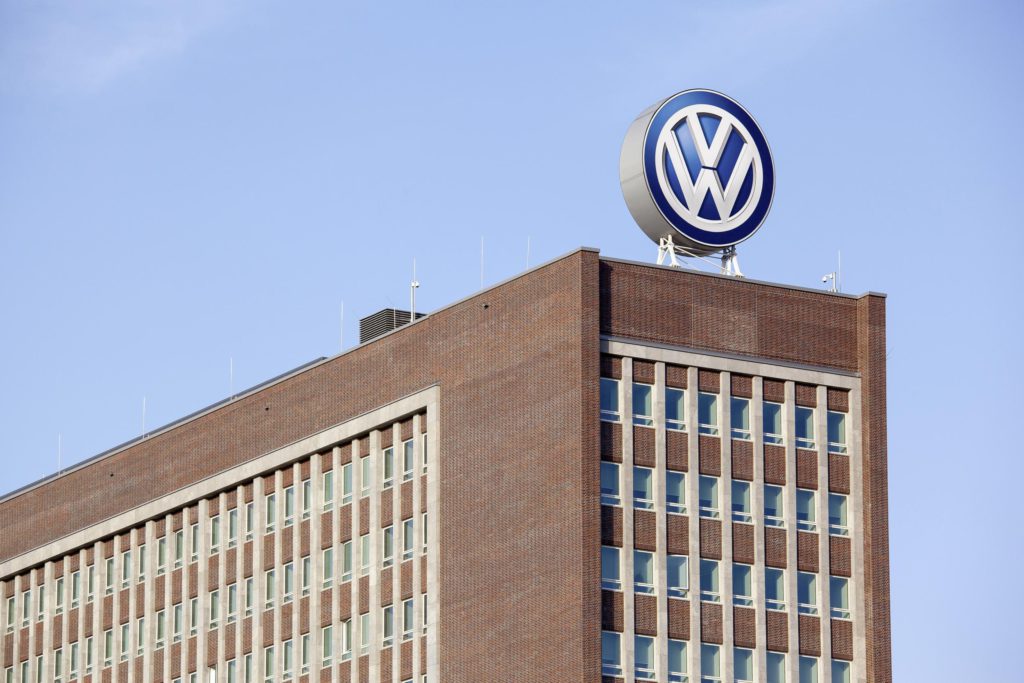Updated: Hertz invests in 100,000 Tesla EVs for rental fleets in US and Europe
26 October 2021

Update – 3 November 2021
Since the original publication of this story, Tesla CEO Elon Musk revealed in a tweet that no contract has yet been signed with Hertz. He went on to reaffirm that the rental company would receive no discounted offer on the vehicles as ‘Tesla has far more demand than production.’
However, Hertz told the BBC that deliveries of the cars had already begun. A spokesperson told the news organisation that: ‘As we announced last week, Hertz has made an initial order of 100,000 Tesla electric vehicles and is investing in new EV (electric vehicle) charging infrastructure across the company’s global operations.’
Original story
Hertz is ordering 100,000 Teslas for its rental fleet by the end of 2022. New electrically-chargeable vehicle (EV) infrastructure will also be added to its global operations. The move comes as consumer interest in electromobility rapidly picks up pace.
‘Electric vehicles are now mainstream, and we have only just begun to see rising global demand and interest,’ said Hertz interim CEO Mark Fields. ‘The new Hertz is going to lead the way as a mobility company, starting with the largest EV rental fleet in North America and a commitment to grow our EV fleet and provide the best rental and recharging experience for leisure and business customers around the world.’
This investment will push the EV share of Hertz’s global fleet to over 20%. This larger electric segment will be supported by a combination of Level 2 and DC fast-charging in roughly 65 markets by the end of next year, and more than 100 by the end of 2023. However, the leasing car company pointed out these plans could be affected by factors such as the semiconductor shortage, which is presently constraining the automotive industry.
Beginning in early November, Hertz customers will be able to rent a Tesla Model 3 at select airport and neighbourhood locations across the US and Europe. The rental company will also be installing thousands of chargers across its network. Customers who take out a Model 3 will gain access to 3,000 Tesla supercharger stations in the US and Europe. Hertz will also offer guidance to educate customers about driving the new models, as well as an expedited EV rental booking process through its app.
A boost for Tesla
As the largest-ever purchase of EVs, Bloomberg calculated Tesla’s deal with Hertz represents roughly $4.2 billion (€3.6 billion) in revenue for the battery-electric vehicle (BEV) builder. Following the news of Hertz investment, Tesla’s market valuation surpassed $1 trillion. This made it the first carmaker to join the trillion-dollar club alongside tech giants Apple, Amazon, Microsoft, and Alphabet.
On Twitter, Tesla CEO Elon Musk revealed that the models sold to Hertz were not subject to any discount. Instead, they came with the same price tag that consumers have to pay. Neither Tesla nor Hertz were able to respond to questions from Autovista24 before publication.
Electric momentum
According to research centre Pew, 40% of US consumers say they are likely to consider an EV as their next vehicle. Hertz points out that global EV sales went up 200% in the last year, with growth likely to continue thanks to electrified commitments from manufacturers.
‘The growth is powered by electric vehicles’ high efficiency, positive user experience and climate-change benefits – coupled with battery breakthroughs and rapidly-expanding charging networks,’ the vehicle rental company explained. ‘EV drivers also benefit from lower maintenance and fuel costs.’
In the short term, offering such a highly sought-after BEV brand, Hertz could see its leasing numbers increase as consumers use the models not only as hire cars, but as demonstrators if they are considering a purchase. There might also be unexpected converts to electromobility as people try a BEV for the first time. Of course, this could all positively impact Tesla’s sales as well.
Looking further ahead, such a sizeable deal may have a significant impact on residual values. Once the leasing company decides when, where and how to de-fleet these models, Tesla could see its grip on pricing loosen. But a condition may be added to the contract, which sets a minimum pricing level.



